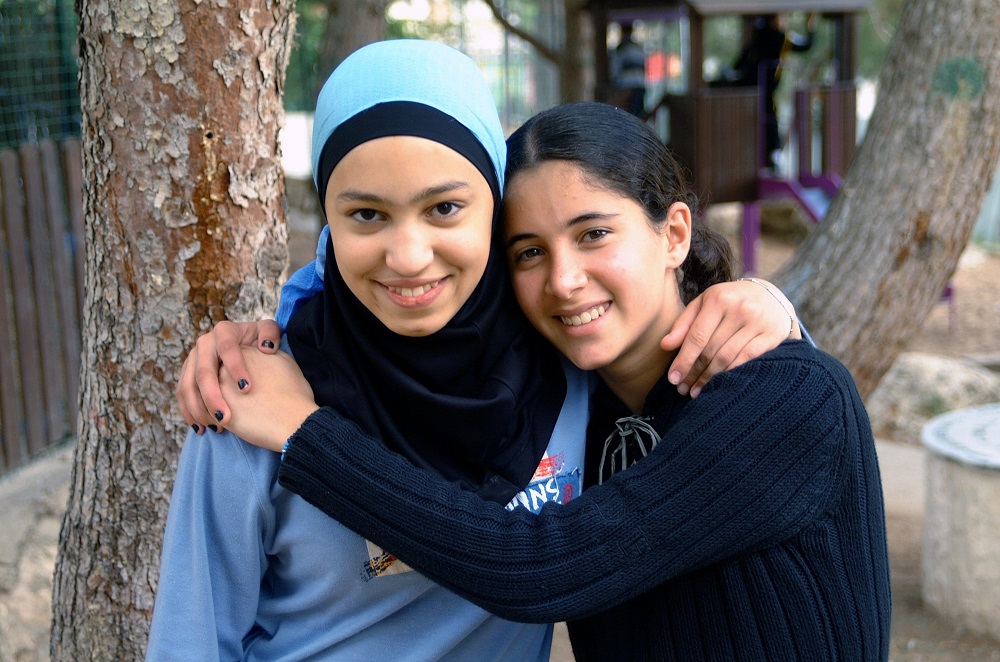Statement on the occasion of the International Day of the Girl 2018

Scott M. Weber, President of Interpeace
Today, Interpeace joins the global community all over the world in celebrating the International Day of the Girl. This year’s theme, With Her: A Skilled GirlForce, calls on the global community to rethink how to prepare girls for a successful transition into womanhood and the world of work.
Earlier this year, the UN released the report “The Missing Peace: Independent Progress Study on Youth, Peace and Security”, as a follow-up to Security Council Resolution 2250. Led by Interpeace’s Graeme Simpson, the researchers consulted young women and men around the world, many of whom vividly described their feelings of exclusion from participation in public life and governance. But the problem of exclusion extends beyond governance. It is keenly felt in the economic sphere too.
Interpeace has seen in its own programming – in Guinea-Bissau for instance – how gender norms and social pressure can discourage girls and young women from building their social identities through employment or political participation. It is far too easy to find examples of discrimination against them when it comes to getting a job in a sector viewed as the province of men.
Yet the seeds of this dynamic are sown even earlier. The same damaging social norms apply from the outset of girls’ lives. In many places, they are excluded from the very education that would enable them to make the transition to a world of diverse economic opportunities. It is a double bind, and one which must be addressed at both levels.
We need a whole-of-society approach to the economic empowerment of girls, underpinned by strong social support structures. To address the unequal access to education between boys and girls, it is important to work with children, youth, educators, families and community leaders to carefully examine these social norms and mainstream the concept of gender equality into the educational curricula and within society.
On the Day of the Girl, Interpeace calls on the international community to ensure that their actions are responsive to the needs of girls, and better facilitate their access to political and economic life. In our own work, we will ensure that we continue to draw on the huge potential of girls and young women as agents of peace. As the Youth, Peace and Security report so clearly highlighted, girls and young women are key contributors to peacebuilding and not simply passive victims in need of protection. However, if we do not identify the persistent inequalities that increase their exposure to violence and limit their access to power and resources, that potential contribution will remain under-realised. The experience of girlhood shapes the woman that girl becomes.
Education. Inclusion. Participation. Leadership. We must ensure that this trajectory is open to all girls, everywhere. Ultimately, the more pathways we open up to girls, the more steps will be taken towards more peaceful and resilient societies.
